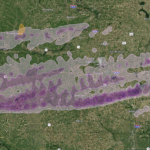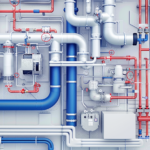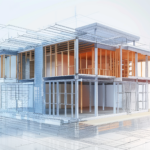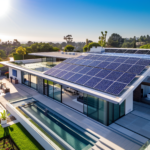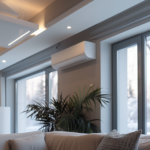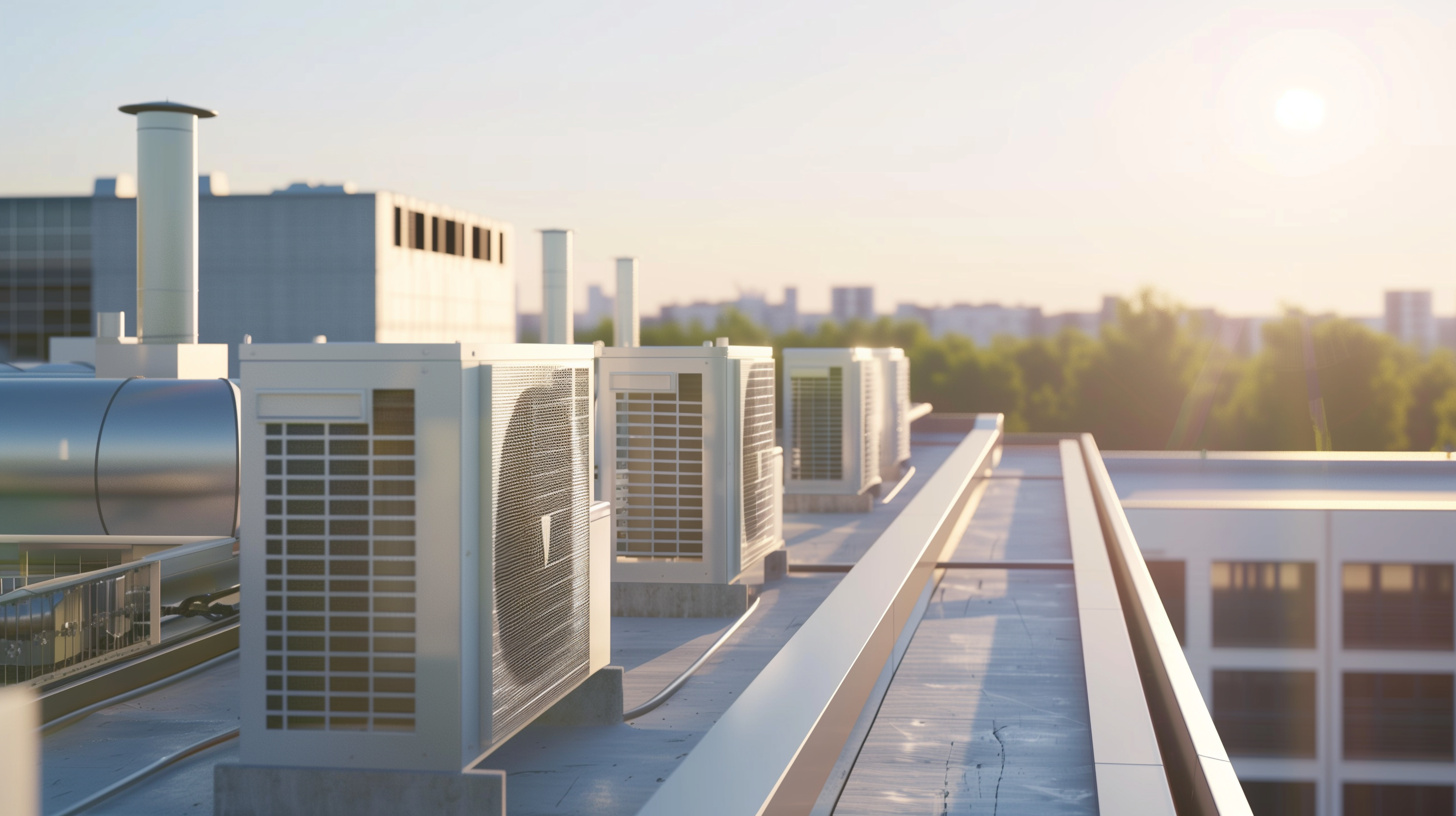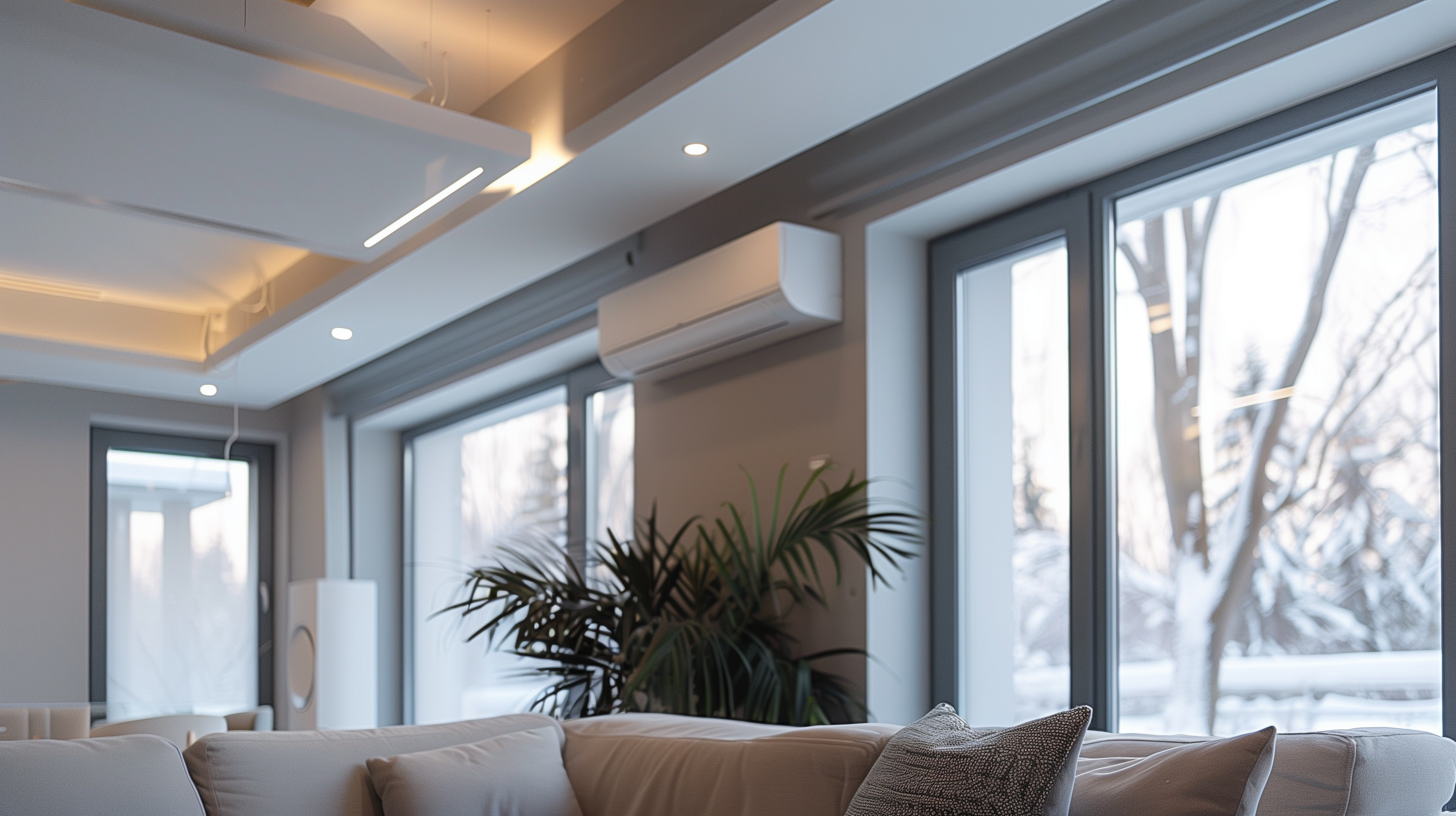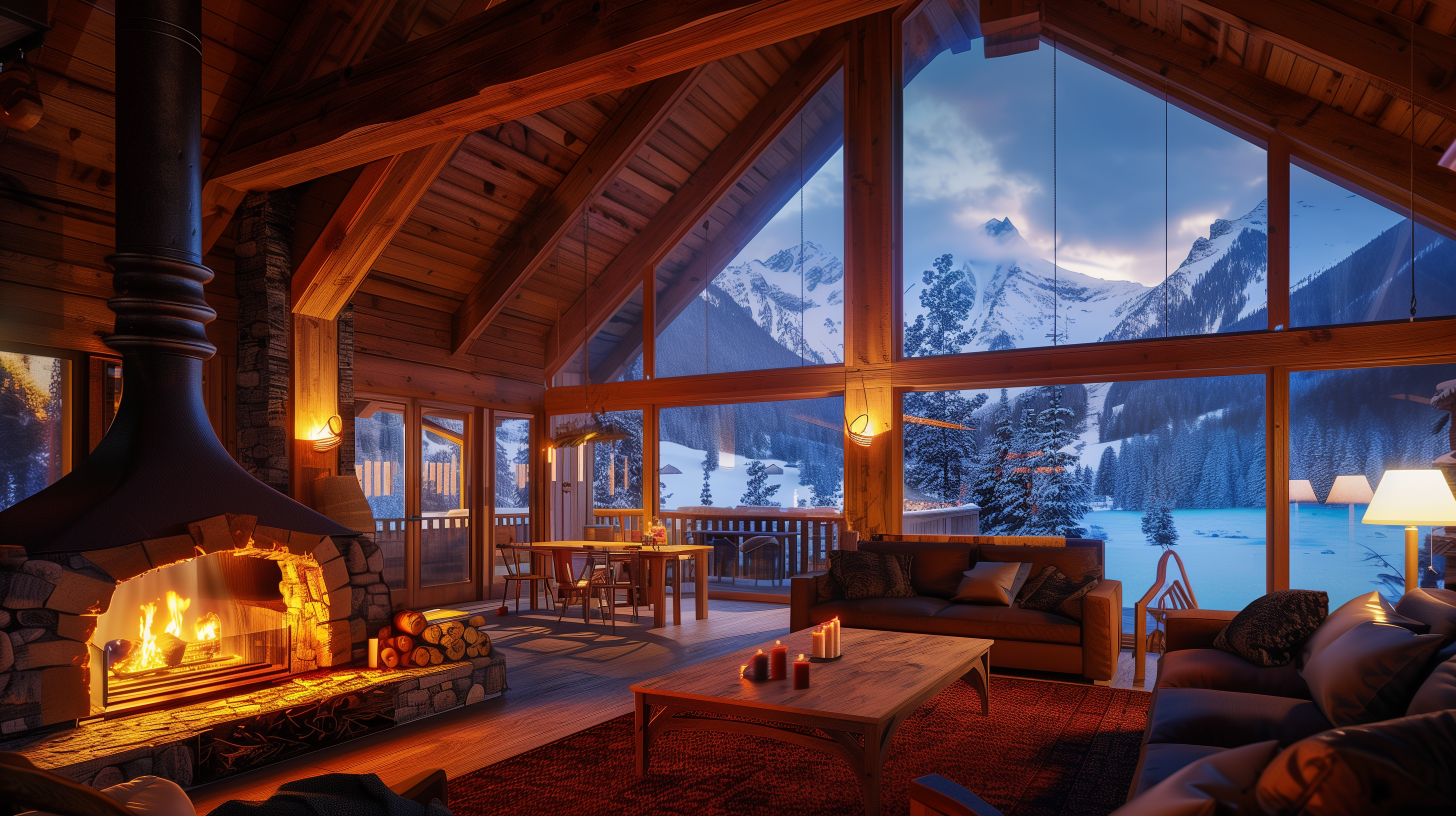Ensuring Code Compliance for Gas-Fired Boiler Installations
Gas-fired boilers are commonly used in residential and commercial buildings for efficient space heating and hot water supply. These systems heat water or steam, which is then distributed throughout the building using radiators, baseboards, or radiant floor systems. Ensuring code compliance for gas-fired boilers is crucial for safety, performance, and energy efficiency. This blog provides a comprehensive guide to code requirements based on the 2015 International Residential Code (IRC) and 2015 International Energy Conservation Code (IECC), with an emphasis on boiler efficiency, sizing, ventilation, controls, and insulation.
How Gas-Fired Boilers Work
A gas-fired boiler heats water using natural gas or propane in a vented combustion chamber. The heated water is distributed through a hydronic system, which may include radiators, baseboard heaters, or radiant floor heating. Key components of a gas-fired boiler system include:
- Fuel supply piping
- Boiler loop/heat delivery system
- Temperature and safety controls
- Ventilation and combustion air supply
Proper installation, insulation, and ventilation of these components are essential to maintain system efficiency and safety.
Key Code Requirements for Gas-Fired Boilers
General Installation Requirements
Per 2015 IRC Chapter 20 and Chapter 24, gas-fired boilers must be installed in accordance with:
- Manufacturer’s Instructions
- Boilers must be listed and labeled as per IRC Section M1302.1 and installed following manufacturer guidelines.
- Platform and Clearance
- Boilers must be installed on a level platform at least 3 inches above grade or suspended at least 6 inches above grade, as required by IRC Section G2408.4.
- Maintain proper clearances from combustibles as specified in Sections G2408.4 and G2408.5.
- Elevation of Ignition Source
- In garages, ignition sources must be elevated 18 inches above the floor to prevent fire hazards (Section G2408.2).
- Combustion Air and Ventilation
- Boilers must be located in spaces with proper combustion air and ventilation. Direct-vent appliances must meet the requirements of IRC Section G2427.2.1.
Boiler Sizing and Efficiency
- Equipment Sizing
- Boilers must be sized based on building loads calculated in accordance with ACCA Manual J or another approved method, as per IECC Section R403.7/IRC M1401.3.
- Efficiency Requirements
- Boilers must meet the minimum efficiency standards set by federal law, with some models achieving up to 96% efficiency.
- Outdoor Reset Control
- Per IECC R403.2/N1103.2, gas-fired boilers must include an outdoor reset control that adjusts water temperature based on outdoor conditions to improve efficiency.
Hydronic Piping and Insulation Requirements
- Hydronic Piping
- Hydronic piping must be installed per IRC Section M2101 and rated for the operating temperature and pressure of the system.
- Insulation of Mechanical Piping
- Pipes capable of carrying fluids above 105°F or below 55°F must be insulated to at least R-3, as specified in IECC Section R403.4/N1103.4.
- Protection of Insulation
- Piping insulation exposed to weather must be protected from damage caused by sunlight, moisture, and wind (IECC Section R403.4.1/N1103.4.1).
Fuel Supply and Shutoff Valves
- Fuel Supply Piping
- Fuel piping must comply with IRC Chapter 24 and be properly supported and protected against physical damage.
- Shutoff Valves
- Each boiler must have shutoff valves installed on the supply and return piping for maintenance and safety purposes (IRC Section G2420).
Ventilation and Combustion Air
Proper ventilation and combustion air supply are critical for the safe operation of gas-fired boilers. Key requirements include:
- Outdoor Combustion Air
- Air openings must meet the dimensions specified in IRC Section G2407.6.
- Direct Venting
- Direct-vent boilers must be installed per IRC Section G2427.8, ensuring the vent termination is properly located to prevent recirculation of flue gases.
- Chimney Venting
- Conventional boilers vented through a chimney must meet the clearances specified in IRC Section R1003.18.
Plan Review Checklist for Gas-Fired Boilers
During the plan review process, code officials should ensure that construction documents include:
- Boiler Specifications
- Include boiler type, efficiency, and capacity.
- Insulation and Air Sealing Details
- Specify R-values for mechanical system insulation and details for air sealing.
- Controls and Sizing Calculations
- Document control systems, including programmable thermostats and outdoor reset controls, as well as boiler sizing calculations based on ACCA Manual J.
- Ventilation and Combustion Air
- Provide details on the method of combustion air supply and vent termination location.
Field Inspection Guidelines
Field inspections should verify that gas-fired boilers are installed in accordance with the approved construction documents and relevant code sections. Key inspection points include:
- Proper Mounting and Clearance
- Verify that the boiler is mounted on a level platform or suspended at the correct height.
- Boiler Controls
- Ensure programmable thermostats and outdoor reset controls are installed and functioning properly.
- Combustion Air and Ventilation
- Check that combustion air openings are properly sized and located.
- Hydronic Piping and Insulation
- Confirm that hydronic piping is insulated to the specified R-value and protected from weather exposure.
- Fuel Supply Connections
- Ensure shutoff valves are installed and accessible, and that fuel supply connectors comply with ANSI Z21.24 standards.
Conclusion
Gas-fired boilers are an efficient solution for space heating and hot water in both residential and commercial buildings. Ensuring proper installation and code compliance is critical to achieving optimal performance and safety. By following the guidelines outlined in the 2015 IECC/IRC, builders, designers, and code officials can streamline the plan review and inspection process, ensuring that gas-fired boilers meet all necessary requirements.
For immediate service or consultation, you may contact us at Allied Emergency Services, INC.
Contact Information:
- Phone: 1-800-792-0212
- Email: Info@AlliedEmergencyServices.com
- Location: Serving Illinois, Wisconsin, and Indiana with a focus on the greater Chicago area.
Disclaimer: This article is intended for informational purposes only. For professional advice, consult experts in the field.
